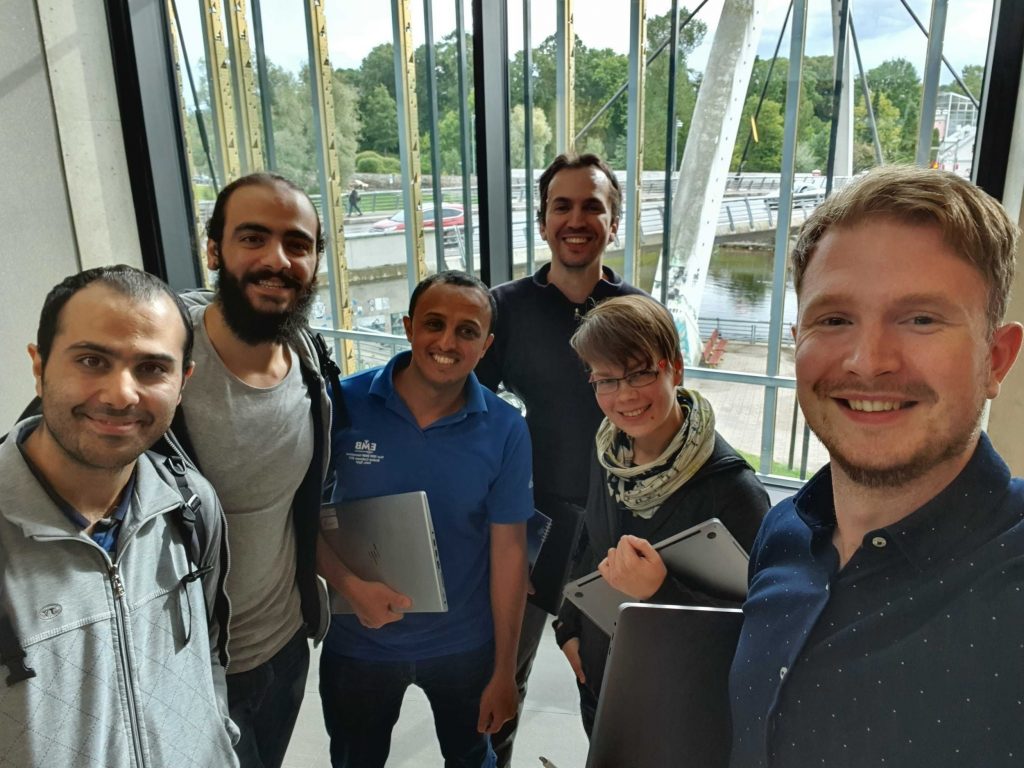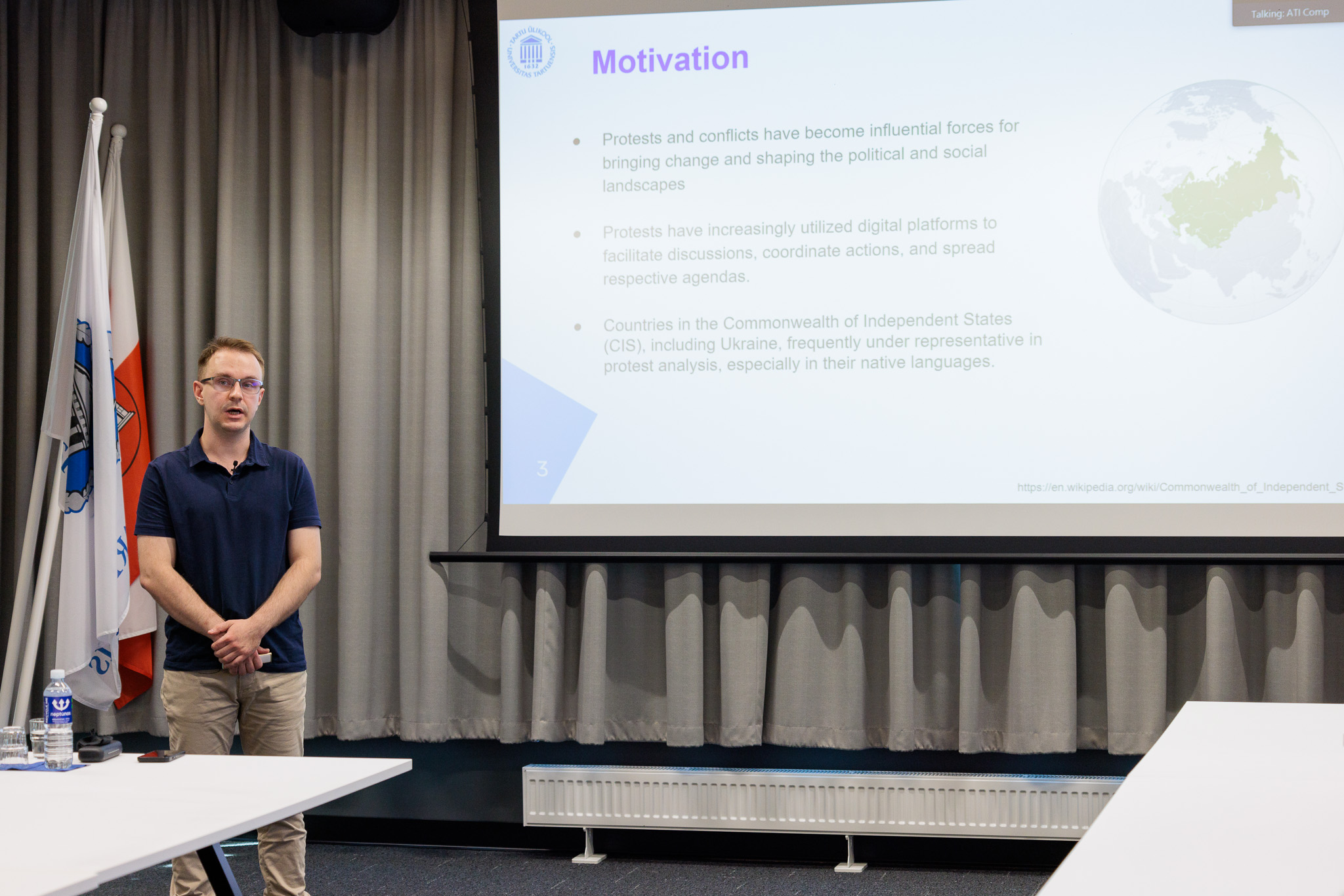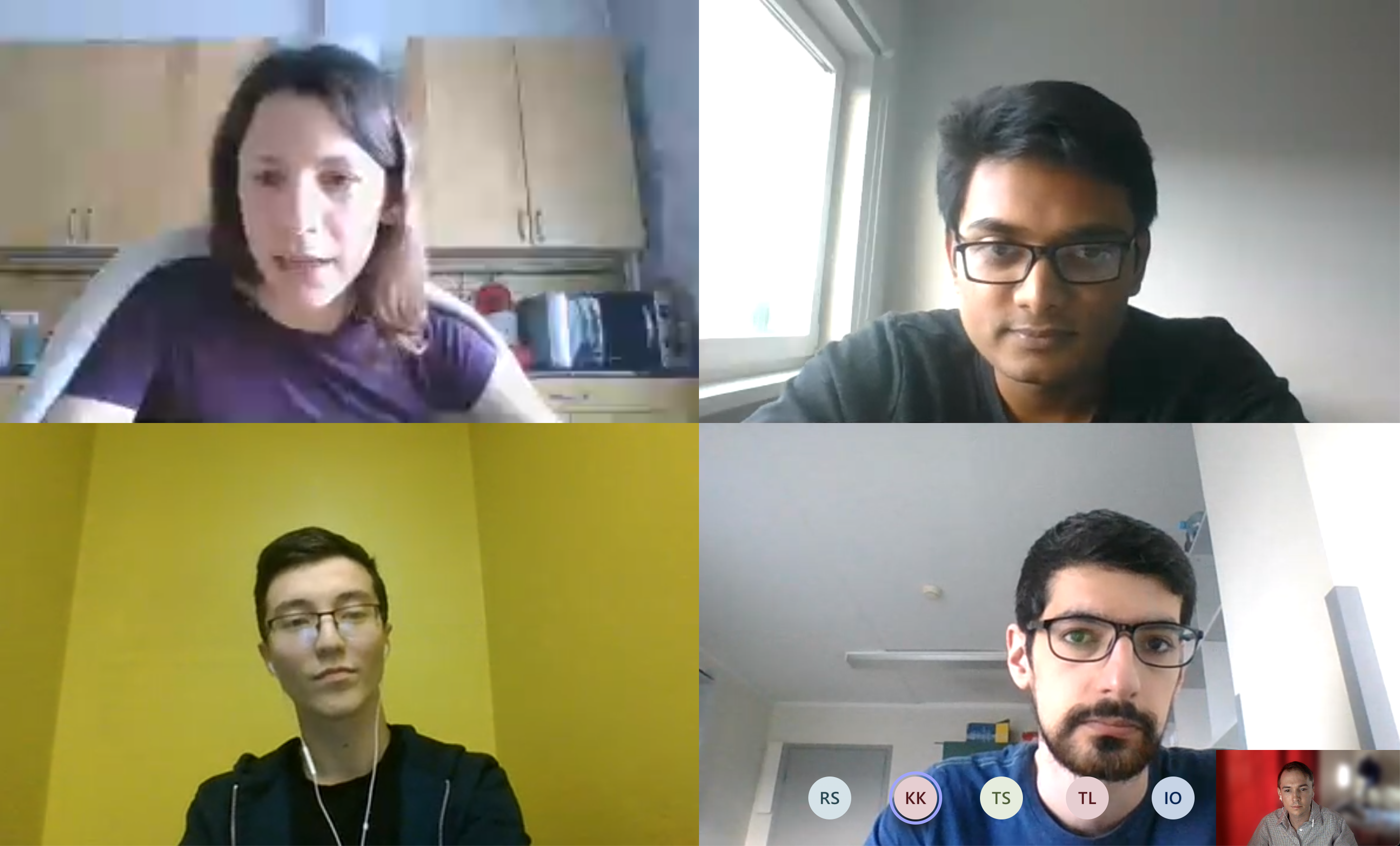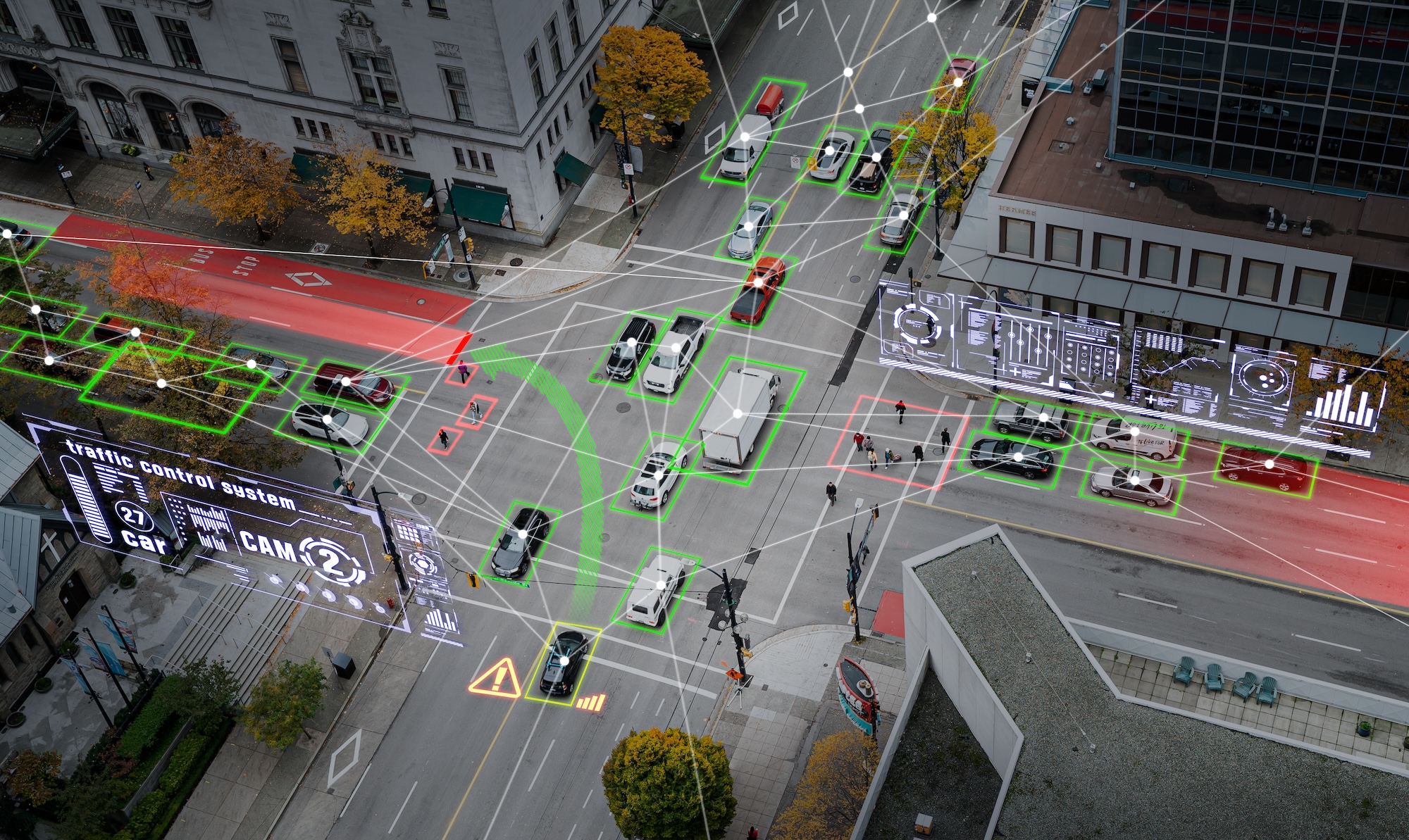By Dima Fishman
Machine learning is a study of computer algorithms capable of automatically learning ways to solve difficult problems from the existing data without being explicitly programmed. Over time machine learning methods have substantially contributed to human progress across many areas. Machine learning has been taught for many years in the Institute of Computer Science at the University of Tartu and has always been popular among students.
This study year, for the first time, the Machine Learning course has been included in the curricular of three central programs taught at the institute: Computer Science, Software Engineering, and Data Science. Students from other institutes and programs have also shown a great interest in the subject. Hence already in August, we had more than 200 registrations for the course. Besides students from already mentioned study programs, registrations came from Actuarial and Financial Engineering, Innovation and Technology Management, Bioengineering, Robotics and Computer Engineering, Mathematics and Statistics, Material Science, Quantitative Economics and Estonian and Finno-Ugric Linguistics.

This year’s course has covered a wide range of topics starting with fundamental concepts in supervised learning and finishing with more sophisticated areas such as ensemble techniques. These topics were taught via online lectures and hybrid-format practice sessions. Although it was possible to attend practice sessions in person, students who felt safer to study from home had always been able to connect to the lessons via Zoom or even watch the uploaded recordings later at a convenient time. Due to COVID-related traveling restrictions, some international students could not arrive in Estonia on time to start their studies. Still, thanks to the flexible format, we have seen a significant number of such students taking the Machine learning course from abroad without complications. However, online teaching can be challenging. We tried to keep our classes interactive and students engaged and interested in the subject using active learning techniques.

One of the essential parts of the course was project work. Students formed 49 teams of 3 to 4 and worked together to solve challenging machine learning problems for several months. To make this experience as practical as possible, we asked companies to provide such problems. As a result, a bit less than half of the student teams had a project owner from the industry, who provided a task description, data, and solution requirements. Other groups have been busy participating in various data science and machine learning competitions, such as Delta X Self-Driving challenge and the Kaggle series.
Project topics and presentations are available on the course webpage: https://courses.cs.ut.ee/2020/ml/fall/Main/FinishedProjects.


